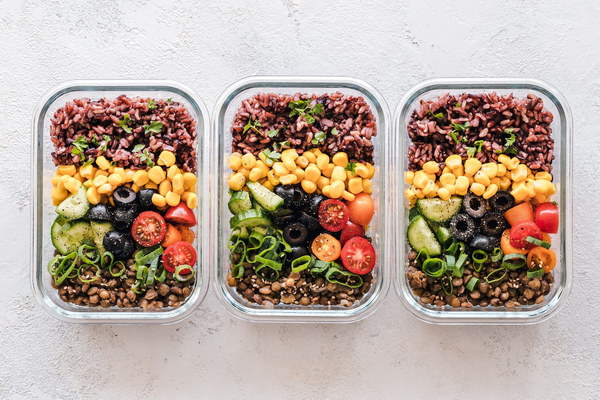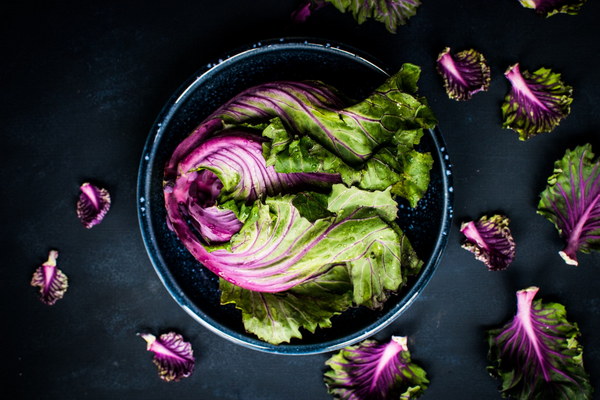Nutritional Therapy for Cancer Patients A Comprehensive Guide to Healthy Eating
Introduction:
Cancer, a disease that affects millions of people worldwide, requires a comprehensive approach to treatment, including surgery, chemotherapy, and radiation. However, nutrition plays a crucial role in supporting the body's immune system and aiding in recovery. In this article, we will explore the various dietary approaches that can help cancer patients maintain their health and well-being during treatment.
1. Importance of Nutrition in Cancer Treatment:
Good nutrition is vital for cancer patients as it provides the necessary energy and nutrients to support the body's healing process. Proper nutrition can help combat side effects of treatment, improve quality of life, and potentially enhance treatment outcomes.
2. Balanced Diet:
A balanced diet is essential for cancer patients. It should include a variety of food groups, ensuring a wide range of nutrients:
a) Fruits and Vegetables: Aim for at least five servings per day to provide essential vitamins, minerals, and antioxidants. These can be fresh, frozen, or canned, as long as they are low in sodium.

b) Whole Grains: Incorporate whole grains such as brown rice, whole-wheat bread, and oatmeal to increase fiber intake, which can help with digestion and prevent constipation.
c) Lean Proteins: Choose lean proteins such as fish, poultry, tofu, and legumes to provide essential amino acids and maintain muscle mass.
d) Healthy Fats: Include healthy fats from sources like avocados, nuts, and olive oil to support cell function and reduce inflammation.
3. Hydration:
Proper hydration is crucial for cancer patients, especially during treatment. Drinking plenty of fluids can help maintain kidney function, prevent dehydration, and alleviate constipation. Aim for at least eight glasses of water per day, or more if recommended by a healthcare professional.
4. Specific Nutritional Strategies:
a) Vitamin D: Adequate vitamin D intake has been linked to improved cancer outcomes. Patients can obtain vitamin D from sunlight, fortified foods, or supplements, but it is essential to consult a healthcare provider before starting any new supplement.
b) Omega-3 Fatty Acids: Omega-3s have anti-inflammatory properties and may help reduce cancer recurrence. Foods rich in omega-3s include fatty fish, flaxseeds, and walnuts.
c) Selenium: Selenium is an essential mineral with antioxidant properties that may help prevent cancer recurrence. Selenium can be found in Brazil nuts, seafood, and grains.
d) Curcumin: Curcumin, a compound found in turmeric, has anti-inflammatory and antioxidant properties. Adding turmeric to dishes can be a beneficial way to incorporate curcumin into the diet.
5. Managing Side Effects:
a) Nausea and Vomiting: Cancer patients may experience nausea and vomiting as a side effect of chemotherapy. To manage this, try eating small, frequent meals, avoiding strong odors, and drinking clear liquids.
b) Loss of Appetite: Cancer and its treatment can cause a loss of appetite. To address this, try to eat a variety of foods with different textures and flavors to stimulate appetite. Additionally, ensure that meals are rich in calories and protein to maintain weight.
c) Constipation: Increase fiber intake by consuming fruits, vegetables, and whole grains. Stay hydrated, and consider gentle exercise to improve bowel regularity.
Conclusion:
Nutritional therapy plays a vital role in supporting cancer patients throughout their treatment journey. By following a balanced diet, staying hydrated, and incorporating specific nutrients, patients can improve their quality of life and potentially enhance treatment outcomes. Always consult with a healthcare professional before making any significant changes to your diet.









